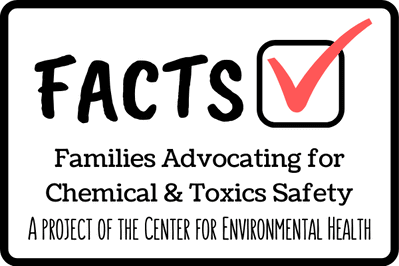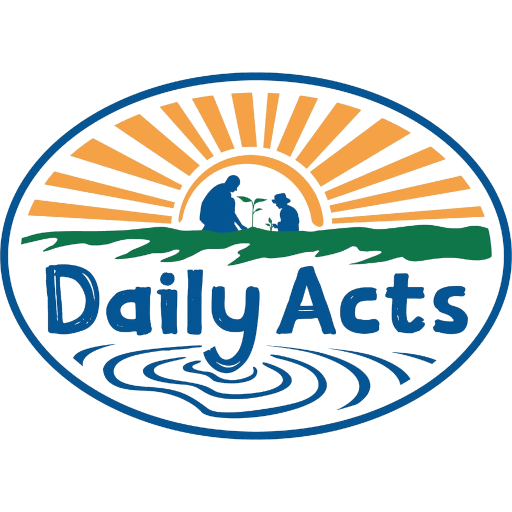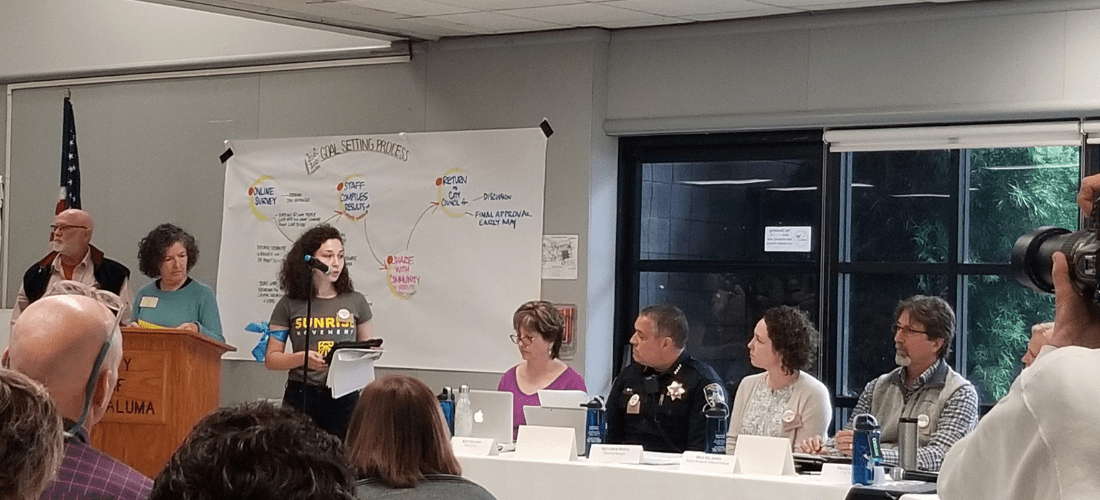
Most of the qualities of a living system are aspects of a single fundamental network pattern: nature sustains life by creating and nurturing communities. Lasting change frequently requires a critical mass or density of interrelationships within a community. – Fritjof Capra

Why Networks?
To solve urgent complex problems, we need wisdom from all parts of our communities, to think and act from the whole. We need to shift the way we operate from an ego-system awareness focused only on self, to an eco-system awareness that cares about the well-being of all. Moving away from a top-down and siloed approach that deals with one cluster of problems at a time, in order to lean into an emerging future. This requires a new type of collective action centered on shifting the awareness of people in a given system to achieve different results. It’s affecting change, by being the change, together.
Part of the evolution to this wider scale transformation is done through groups, organizations and networks acting as ecosystem catalysts to connect and align communities and movements. Ecosystems have many nested systems within them that form a larger whole, all built on interrelationships. We see ourselves as a vibrant living, evolving organism interacting within the larger and intersecting ecosystems of climate and health. As such, we continue to grow awareness of these larger systems and how to interact with them in ways that nurture and regenerate healthy connections to self, nature and community.
Change Management Across Scales
For the last decade plus, Daily Acts has engaged in networks and movements as a way to bring about systemic change, playing different roles as they emerge, grow, evolve and connect. Issue areas we have worked on have ranged from food systems to decentralized water solutions, environmental education, environmental health, a just fire recovery, spiritually-informed environmental action, affordable housing, a leadership fellows’ network and a grassroots funding collaborative. By working on specific issues, across sectors and at different scales, we seek to bridge differences and connect networks to promote broader systemic change. What makes the systems change lens so powerful is the ripple effect that occurs from changing one system. Once the initial system starts to shift, it affects the systems operating within it and the larger systems it is in as well.
Facing climate reality can change our mind, emotions and values and thus our daily actions, our homes and families. By seeing the urgent need for transformative action, it can increase our civic engagement with groups, cities, and counties, aiming for wider systems change. This happens in a range of ways from networks and coalitions to annual gatherings, to mobilizations like the climate strikes, and through movement building organizations. Here are some examples of our work at a range of scales:
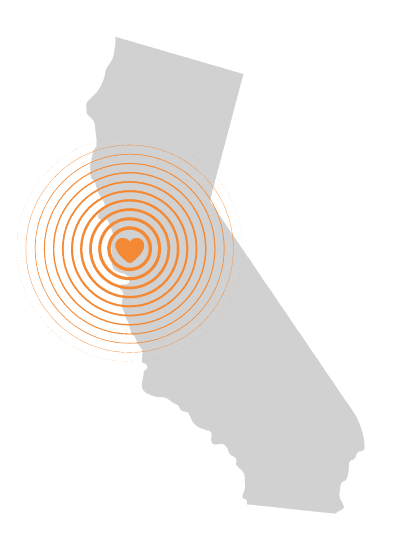
Local
While we have always worked in partnership to educate and inspire action, the greatest shifts have occurred through local alliances, networks and collaboratives connecting people, groups and agencies with common cause. We worked with the Sonoma County Greywater Working Group to influence local and state legislation for greywater, the igrow coalition to support backyard food growing, and were a founding member of the Sonoma County Food System Alliance, one of 3 around the state catalyzed by a local partner Ag Innovations Network. Most recently, we were involved in two cross sector coalitions: St Joseph’s Health Intersections and Generation Housing looking at the connection between climate change, human health and housing.
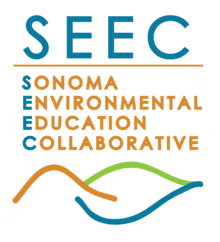
The Sonoma Environmental Education Collaborative (SEEC) – a regional consortium of environmental education professionals from organizations, agencies, networks, and school districts with a vision for an environmentally literate Sonoma County.
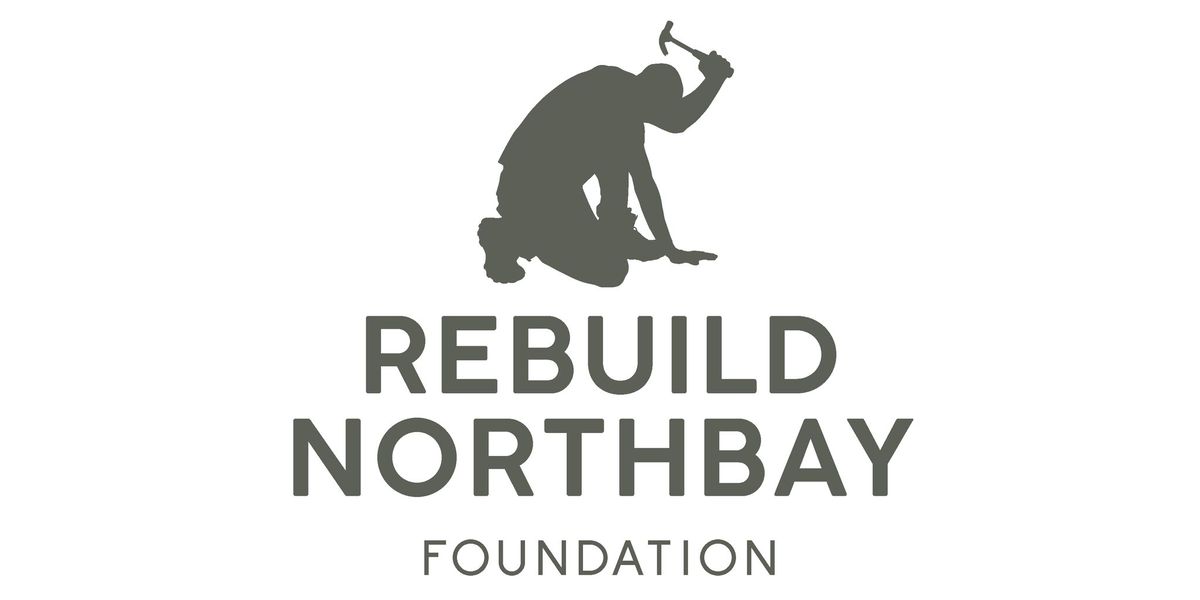
Rebuild North Bay Foundation – a team of experienced community and business leaders committed to the long term recovery and rebuilding of our community. Their Advisory Council is sectored into 6 committees with leadership from 50 organizations: Regional Public Sector; Economic & Workforce Development; Housing; Environment & Sustainability; Philanthropy; Non-Profit; Agriculture.
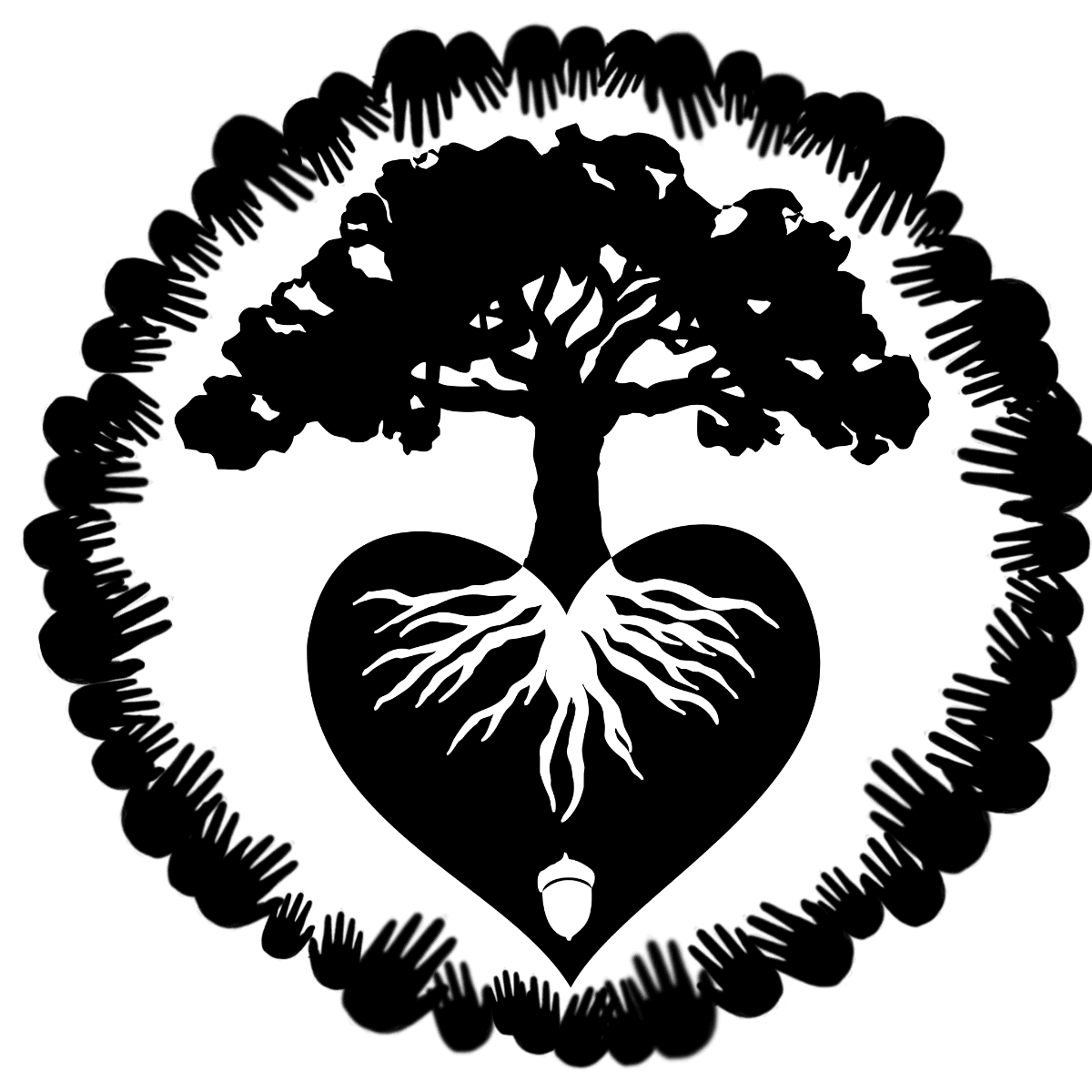
Another World is Possible Coalition – Founding member of a local cross-sector coalition formed to support greater cross-pollination of the many efforts towards social and environmental justice across the north bay. Achievements include organizing the North Bay Community Engagement fair with over 4,000 participants in 2017, as well as management of the Just and Resilient Future Fund, a democratically managed grassroots fund for disaster relief.
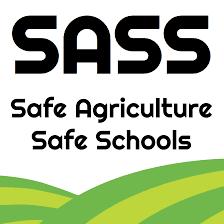
Sonoma Safe Agriculture Safe Schools (SASS) is a coalition of community organizations paving the way for safer land management policies around our schools and communities. Our work has resulted in multiple city and school district bans on pesticide use on publicly owned land throughout Sonoma County. The majority of parks in Sonoma County are now managed completely toxics-free!
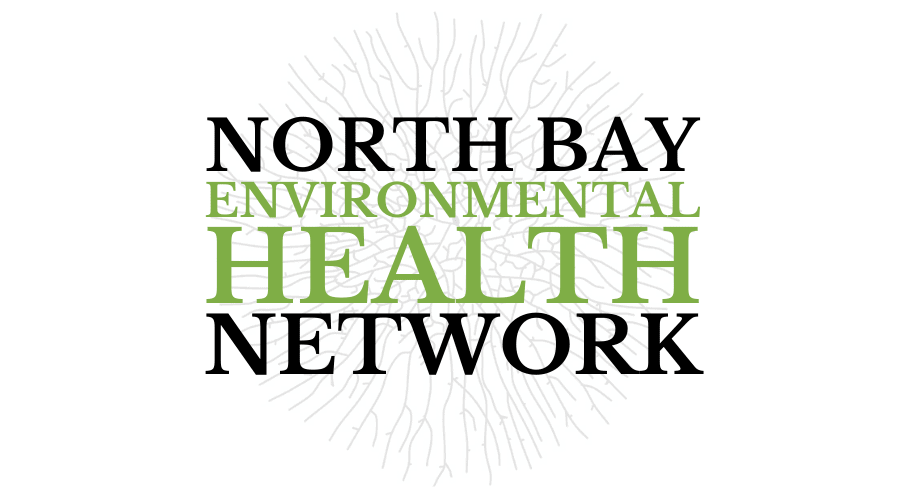
North Bay Environmental Health Network – We build in personal ecology practices such as Mind-Body Medicine for stress reduction and resilience within our educational framework to help community members mitigate stress and maximize engagement. We meditate, practice breathing and movement techniques, and create space for sharing personal experiences and practicing deep listening.
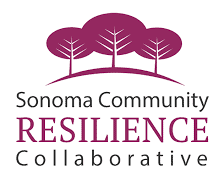
The Sonoma Community Resilience Collaborative is working in partnership across our community and with The Center for Mind Body Medicine, whose curriculum is the foundation for the program. The vision for the Collaborative is to develop local capacity for healing, empower lay people with comprehensive tools, build the social connections that are the predictor of community resilience, and prevent the progression of stress and trauma into more serious social, mental, physical, and social impacts.
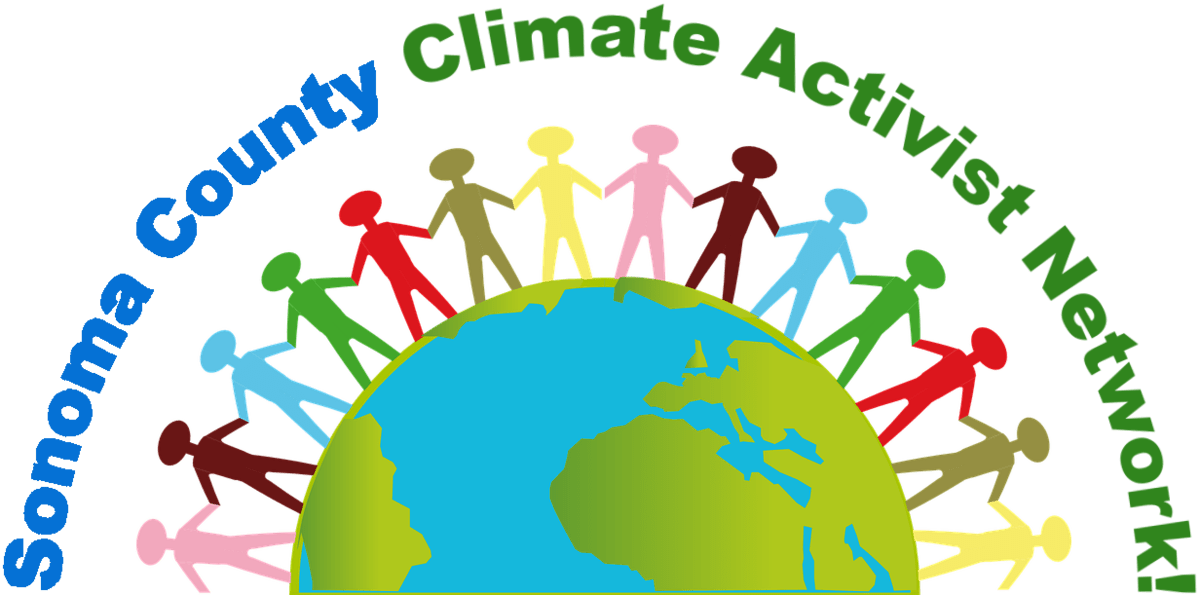
Sonoma County Climate Activists Network(S0C0 CAN)is composed of climate activist groups and individuals working together to address and reverse climate change.
Join a meeting:
Peace & Justice Center
467 Sebastopol Ave, Santa Rosa 95401
7:00 pm – 9:00 pm on the 5th Monday
(only on months that have 5 Mondays)
Contact: [email protected]
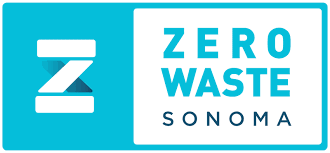
Zero Waste Task Force – The Zero Waste Task Force is a subcommittee appointed by the AB 939 Local Task Force (LTF) to support countywide efforts to reduce waste, increase recycling and reuse along with composting. The group meets monthly.
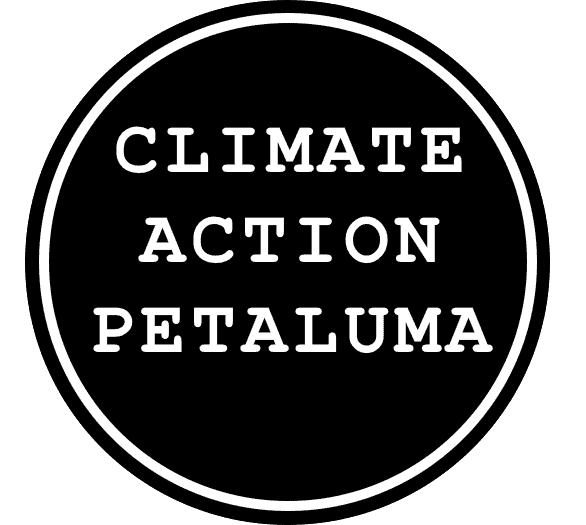
Climate Action Petaluma – At the end of 2018, three members of 350 Petaluma began meeting to draft a Climate Emergency Resolution. Individuals from other local organizations and businesses joined them in March of 2019 to form Climate Action Petaluma, to encourage city council and city staff to to adopt a resolution declaring a climate emergency, create a Petaluma Climate Cabinet to help guide climate-related work, and establish accountability for meeting Petaluma’s climate goals.
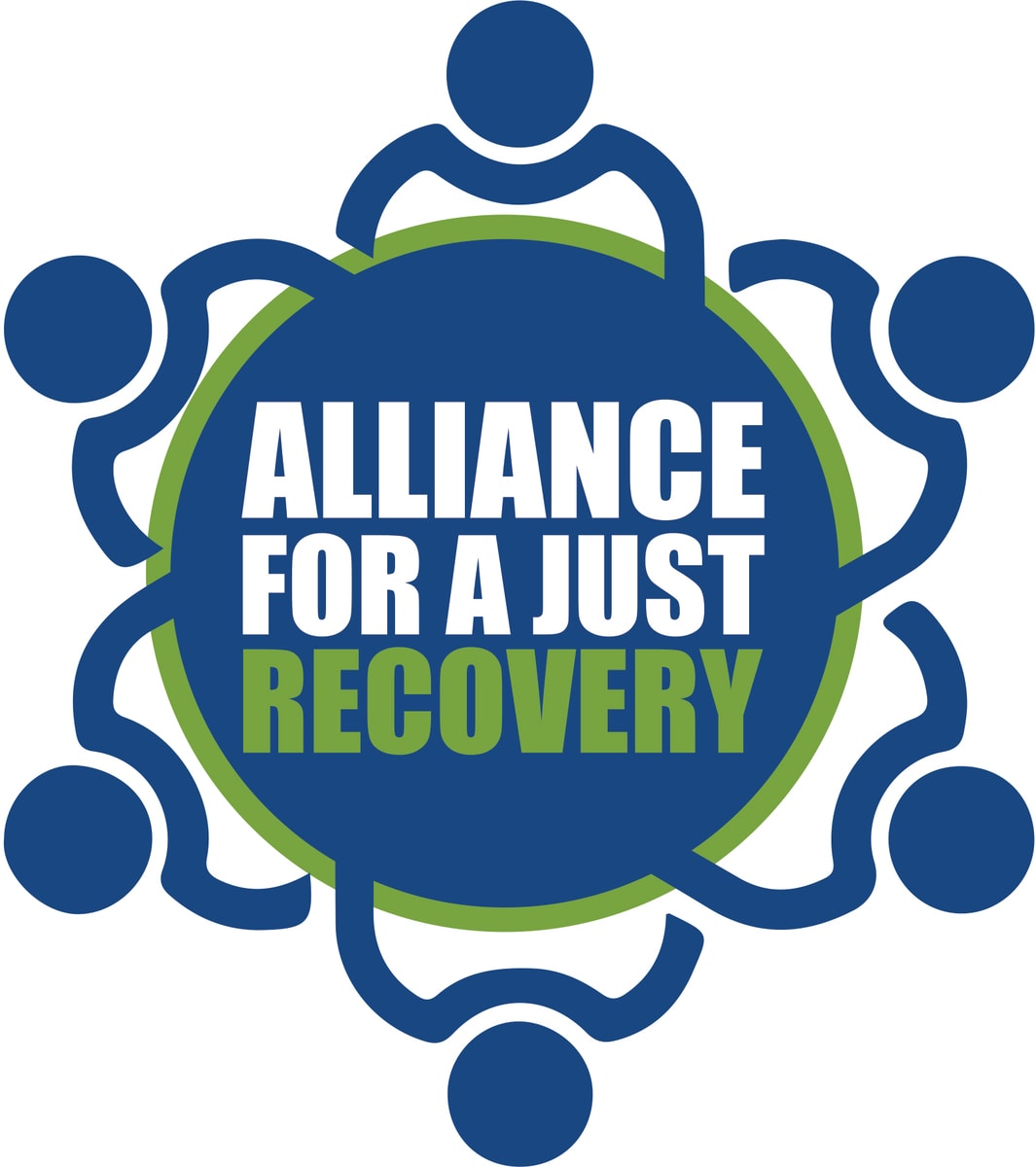
Alliance for Just Recovery – Formed in the wake of the 2017 fires, this coalition of community, environmental, housing and labor organizations advocate for a just and holistic recovery from natural disasters. Daily Acts joined in 2019 to help support efforts to strengthen the group.
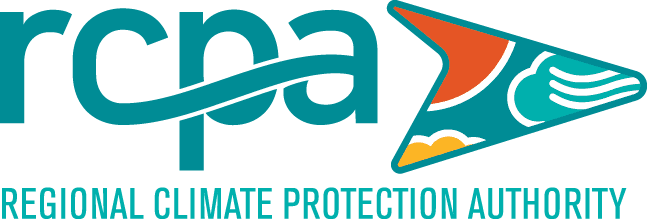
Climate Action Advisory Committee (CAAC), Regional Climate Protection Authority – The CAAC provides information and advice to the Regional Climate Protection Authority (RCPA) Board, staff and project consultants during the development and implementation of climate action programs. CAAC members work with RCPA staff to develop and implement GHG reduction programs and measures in Sonoma County communities
Regional
While local groups are great at developing place-based relationships and programs, our next scale of emergence and self-organizing has been focused regionally, emphasizing local knowledge, relationships and solutions; the ecology, culture and politics of a place. A key way these regional networks and movements grow, evolve and flourish is through gathering together to share resources, models and expertise.
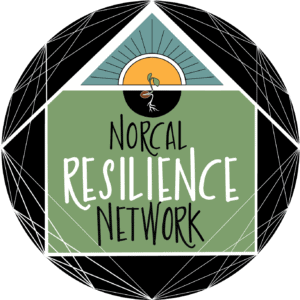
Nor Cal Resilience Network – The mission of the NorCal Resilience Network is to catalyze a just transition to an equitable and regenerative region by supporting and activating community-based and ecological solutions in Northern California. Our regional network increases capacity for grassroots projects and programs; helps to build out model sites for permaculture and resilience; and builds solidarity across divides of race, class, sector and region.
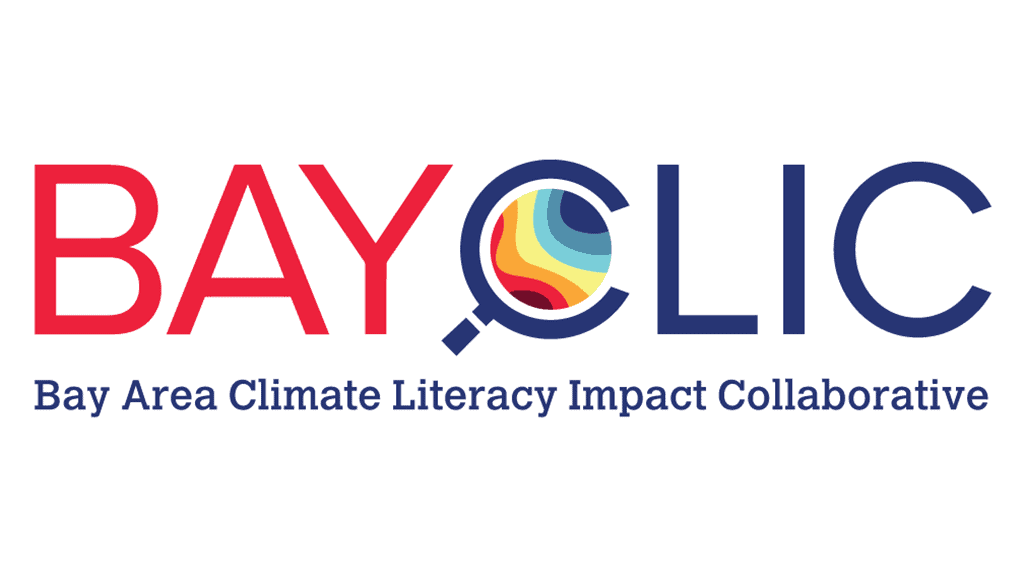
Through our ECO2school program, we participate in Bay Area Climate Literacy Impact Collaborative. BayCLIC points educators towards the highest quality professional development opportunities that are available, simplifying the process of getting started. They design and host a climate education road-map, which provides a brief and digestible summary of the recommended steps an educator needs to take to start communicating on climate change. They go beyond climate literacy and shift individuals towards more climate friendly behaviors.
State
Organizing at a state-wide scale may sound like a complicated way to address an issue, but in our experience it has led to broader understanding and collaboration between agencies and nonprofit organizations working on the ground. Two examples of this work are focused on the issue of water: how to conserve, protect, recharge and reduce the pollution of our most precious and finite resource. Our work on the organizing committee of the annual Localizing CA Water conference has brought decentralized water solutions to the agency scale, highlighting a multi-benefit approach to address our state’s water issues. During our time on the CA Water Efficiency Partnership we served as the only nonprofit board member, providing important perspectives on the value of nonprofit partnerships to meet their goals.
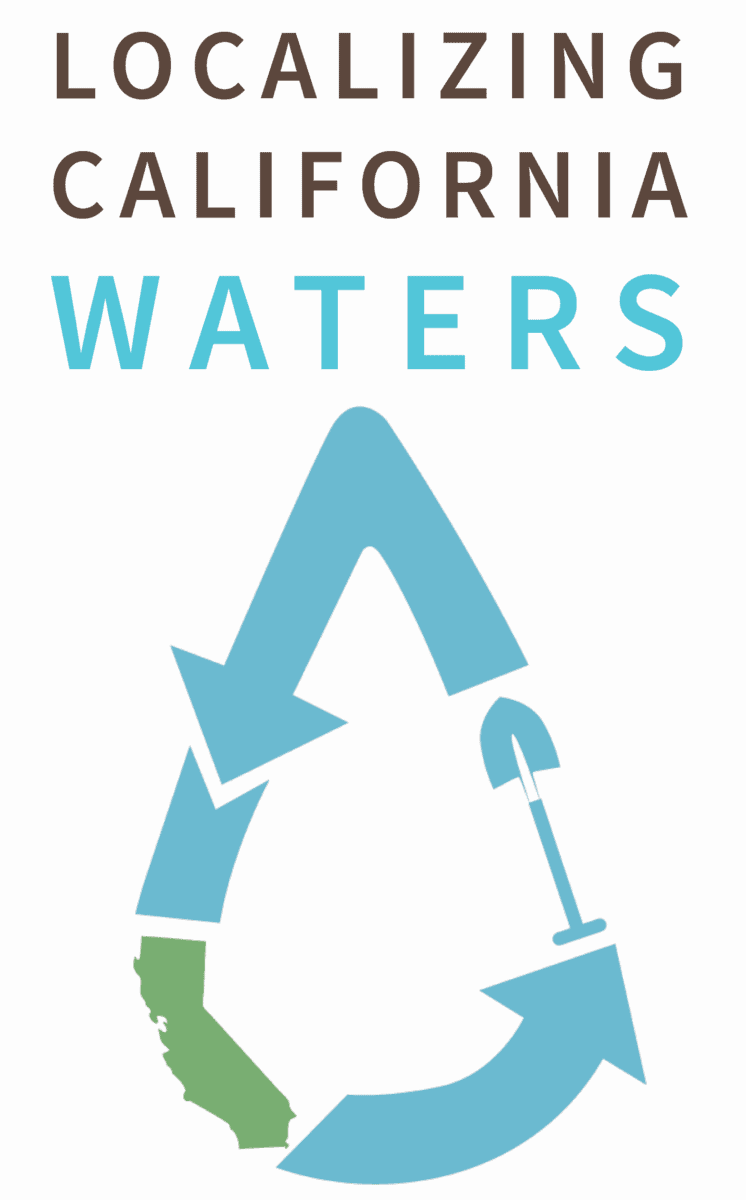
Localizing CA Waters – the annual LCW conference breaks down barriers to alignment through presentations, round table discussions, workshops and information networking to work towards an outcome of innovative solutions to local and global climate challenges by advancing local water policy and enacting best water management practices at an accelerated pace.
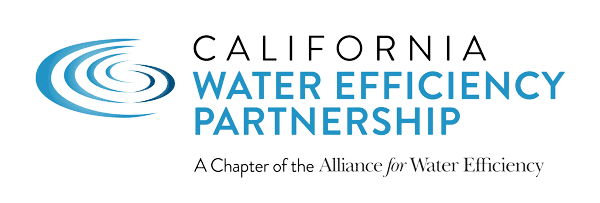
CA Water Efficiency Partnership – CalWEP’s mission is to maximize urban water efficiency and conservation throughout California by supporting and integrating innovative technologies and practices; encouraging effective public policies; advancing research, training, and public education; and building collaborative approaches and partnerships.
National
In a time of larger than life crises, it’s empowering to be a part of larger movements. Similar to our focus on spreading nature-based solutions and models, author Rob Hopkins had a vision of applying permaculture not just to gardening but to social change in something he called Transition Towns. What caused this national movement to spread rapidly was its emphasis on self-organizing to create a compelling vision; raise awareness; form working groups; develop practical examples of the vision; and help people re-skill their local self-reliance. Daily Acts has been an active member of the Transition US board and the Thriving Resilient Communities Collaborative to help spread these models and solutions and further support the work of grassroots organizations.

Transition US – Transition US is a nonprofit organization that serves as a national hub for the international Transition Towns Movement. Their mission is to catalyze and strengthen a national network of people-powered groups who are building local resilience through community action.
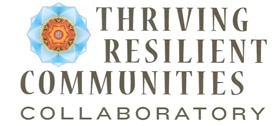
Thriving Resilient Communities Collaborative – A U.S.-based network of regional and national leaders who use systemic and collaborative approaches to help communities become more thriving and resilient.
